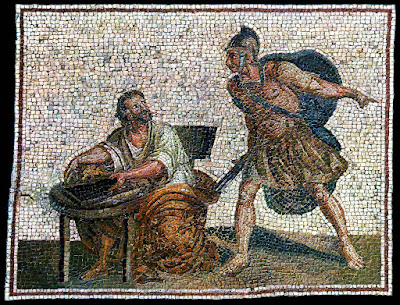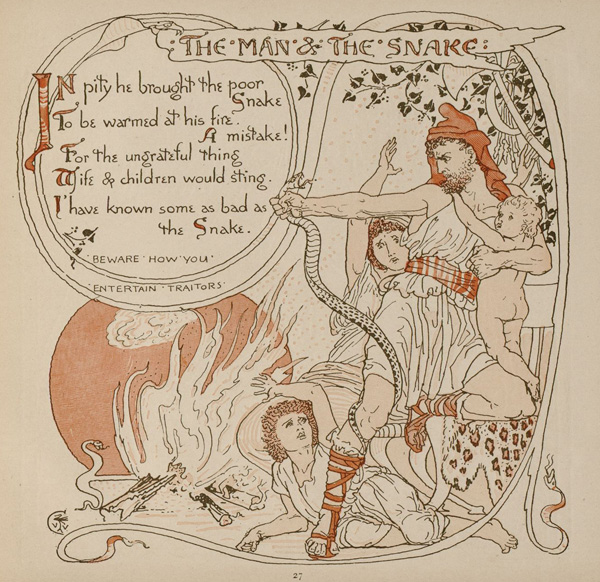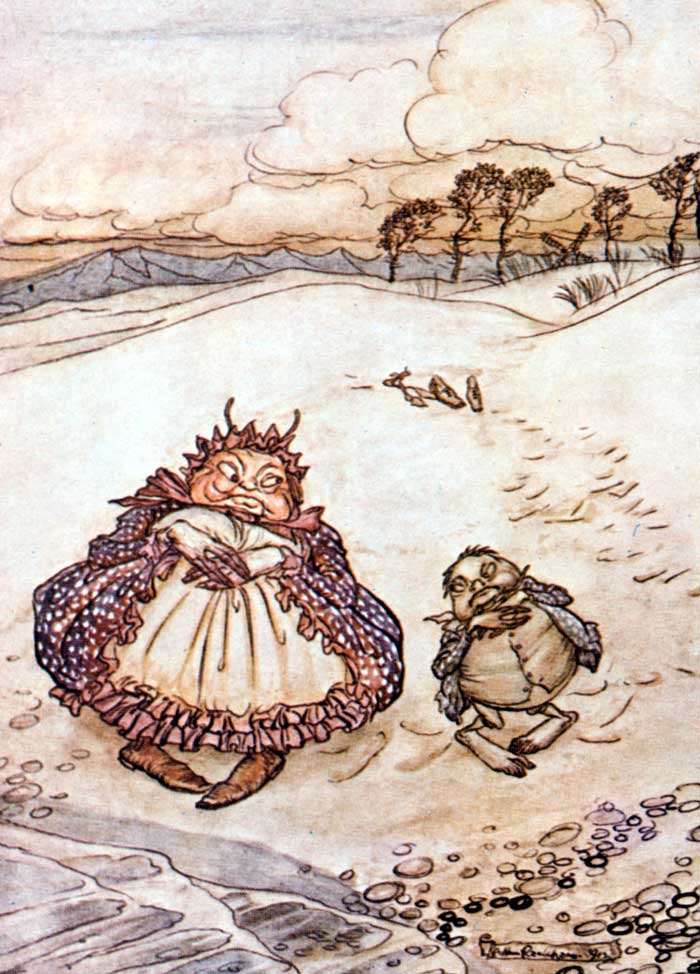Here are today's vocabulary words; they are verbs with present, future, and aorist stems, plus a brief definition. (If you are just beginning Greek and have not studied the future or aorist stems yet, you can just focus on the present stem.) Click on the word to learn more at Logeion, and there's also a
study tips post. I'm also creating
worksheets now, reviewing the most recent 3 groups of proverbs; here's the
sheet for Groups 67-68-69 with the
worksheet key.
1.
ἐπιχειρέω ~ ἐπιχειρήσω ~ ἐπεχείρησα: attempt, try
2.
ἕλκω ~ ἕλξω ~ εἵλκυσα: drag, draw; tear down
3.
θάπτω ~ θάψω ~ ἔθαψα: bury, entomb
4.
πλάσσω ~ πλάσω ~ ἔπλασα: form, mold, shape
5.
ἐλευθερόω ~ ἐλευθερώσω ~ ἠλευθέρωσα: free, set free
Here are today's proverbs and sayings:
Ξυρεῖν ἐπιχειρεῖν λέοντα.
Τὰς κύνας ὁ ἔλαφος ἕλκοι.
Τὸ σιγᾶν τὴν ἀλήθειαν χρυσόν ἐστι θάπτειν.
Καὶ ἔπλασεν ὁ θεὸς τὸν ἄνθρωπον χοῦν ἀπὸ τῆς γῆς.
Καὶ γνώσεσθε τὴν ἀλήθειαν καὶ ἡ ἀλήθεια ἐλευθερώσει ὑμᾶς.
Plus some commentary:
Ξυρεῖν ἐπιχειρεῖν λέοντα.
To attempt to shave a lion.
This proverbial saying appears in Plato's
Republic, referring to a very hazardous and risky venture: anybody who has had to shave their pet cat's matted fur knows all about this! The verb "to attempt," ἐπιχειρεῖν, has χειρ, "hand" as its root, so it literally means to put your hand to something, ἐπι-χειρ-εῖν. You will be lucky to get that hand back intact if you really are shaving a lion! You can find additional citations and parallels in
Erasmus.
Τὰς κύνας ὁ ἔλαφος ἕλκοι.
Let the deer drag down the dogs!
The optative verb expresses the hypothetical and even absurd quality of the situation: in a hunt it is the dogs who should drag down the deer, not the other way around. The saying comes from the poet
Theocritus, and in the original poem, for the purposes of meter, ὁ ἔλαφος is contracted as ὥλαφος. Here is an
English translation of this section of the poem which contains a whole series of paradoxical sayings:
Bear violets now ye briers, ye thistles violets too;
Daffodilly may hang on the juniper, and all things go askew;
Pines may grow figs now Daphnis dies, and hind tear hound if she will,
And the sweet nightingale be outsung i ’ the dale by the scritch-owl from the hill.
Τὸ σιγᾶν τὴν ἀλήθειαν χρυσόν ἐστι θάπτειν.
To keep the truth silent is to put gold in a tomb.
You can see here how the Greek infinitive really is a neuter noun, accompanied here by the neuter definite article: τὸ σιγᾶν. The verb θάπτειν can simply mean "to bury," but it also has strong connotations of burying in the sense of the burial of the dead, i.e. conducting funeral rites. The related Greek noun τάφος can refer either to a tomb or to the funeral ritual itself. From that Greek noun we get English words like
epitaph and
cenotaph.
Καὶ ἔπλασεν ὁ θεὸς τὸν ἄνθρωπον χοῦν ἀπὸ τῆς γῆς.
And God molded the dust of the earth (into) the person.
This verse from the
Biblical Book of Genesis came up in a commentary
earlier this week, so I thought I would include it in today's post. In Hebrew the word for person is ‘
âdâm (אדם), hence the name "Adam" for the person fashioned by God, a word-play that is lost in Greek. Just imagine if they were Anthropos and Eve, instead of Adam and Eve! From the root of Greek πλάσ- we get words like
plasma and
plastic in English.
Καὶ γνώσεσθε τὴν ἀλήθειαν καὶ ἡ ἀλήθεια ἐλευθερώσει ὑμᾶς.
And you will know the truth and the truth will set you free.
Here is an illustration of God creating the ἄθρωπος as shown in a
15th-century Bible manuscript:










